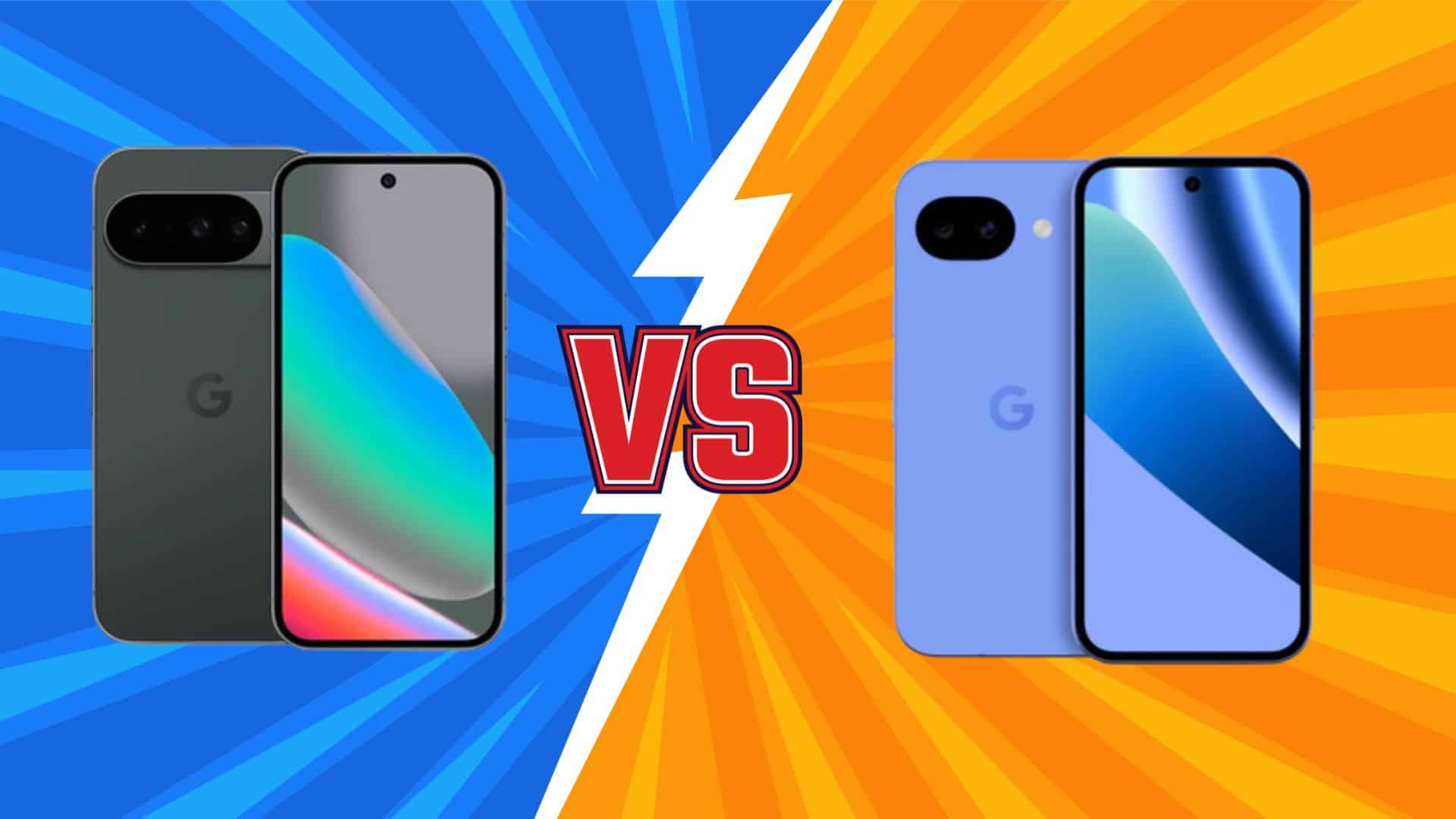Black Friday is the biggest shopping event of the year, a whirlwind of deals and discounts that can be both exhilarating and overwhelming. To help you navigate the chaos and snag the best bargains, we’ve compiled this comprehensive guide with everything you need to know about Black Friday 2024.
- What is Black Friday?
- When is Black Friday 2024?
- Where can I find the best Black Friday deals?
- Why is it called Black Friday?
- Tips and Strategies for Black Friday Shopping
- Beyond the Big Retailers: Exploring Other Black Friday Opportunities
- Black Friday vs. Cyber Monday: What’s the Difference?
- The Evolution of Black Friday: From In-Store Frenzy to Online Extravaganza
- The Impact of Black Friday: Economic and Social Considerations
- My Personal Black Friday Experiences
- Black Friday 2024: Predictions and Trends
- Making the Most of Black Friday: A Reminder
What is Black Friday?
Black Friday is the day after Thanksgiving in the United States, marking the unofficial start of the holiday shopping season. Retailers offer massive discounts on a wide range of products, from electronics and appliances to clothing and toys. While it traditionally started as an in-store event, Black Friday has evolved into a multi-day shopping extravaganza that encompasses online sales and pre-Black Friday deals.
When is Black Friday 2024?
This year, Black Friday falls on Friday, November 29th, 2024. However, expect deals to start rolling out much earlier, both online and in stores. Many retailers begin their Black Friday promotions in early November, with some even offering pre-Black Friday deals throughout October.
Where can I find the best Black Friday deals?
Black Friday deals are ubiquitous, both online and in brick-and-mortar stores. Here are some of the top retailers known for their Black Friday offers:
- Major retailers: Amazon, Walmart, Target, Best Buy, Kohl’s, Macy’s
- Electronics: Best Buy, Amazon, Newegg, Walmart
- Home goods: Target, Walmart, Amazon, Wayfair, Home Depot, Lowe’s
- Fashion: Macy’s, Nordstrom, Kohl’s, Old Navy, Gap, ASOS
- Beauty: Sephora, Ulta, Amazon, Target
Why is it called Black Friday?
There are several theories about the origin of the name “Black Friday.” One popular theory suggests that the term originated in Philadelphia in the 1950s, where it was used by police to describe the heavy pedestrian and traffic congestion that occurred the day after Thanksgiving. Another theory posits that the term “Black Friday” stemmed from the practice of retailers recording profits in black ink and losses in red ink. The day after Thanksgiving was often when retailers finally went “into the black” for the year due to increased sales.
Tips and Strategies for Black Friday Shopping
Black Friday can be a competitive shopping arena. Here are some tips to help you conquer the sales and score the best deals:
- Plan ahead: Research the items you want and compare prices across different retailers. Create a shopping list and prioritize your must-have items.
- Start early: Don’t wait until Black Friday itself. Many retailers launch their deals weeks in advance.
- Sign up for email alerts: Subscribe to newsletters and email alerts from your favorite retailers to stay informed about upcoming sales and promotions.
- Compare prices online: Use price comparison websites and apps like Google Shopping, Camelcamelcamel, and Honey to ensure you’re getting the best deal.
- Check for early access: Many retailers offer early access to deals for loyalty program members, credit card holders, or app users.
- Read the fine print: Pay attention to return policies, warranty information, and shipping costs.
- Set a budget: It’s easy to overspend on Black Friday. Determine how much you’re willing to spend and stick to your budget.
- Be patient: Black Friday can be crowded and chaotic. Be prepared for long lines, website crashes, and potential shipping delays.
Beyond the Big Retailers: Exploring Other Black Friday Opportunities
While the major retailers dominate Black Friday headlines, don’t overlook smaller businesses and local shops. Many offer unique deals and discounts during the Black Friday weekend. Consider supporting local businesses and discovering hidden gems in your community.
Black Friday vs. Cyber Monday: What’s the Difference?
Black Friday is traditionally associated with in-store shopping and doorbuster deals, while Cyber Monday focuses primarily on online sales. However, the lines between the two events have blurred in recent years, with many retailers offering deals both online and in-store throughout the entire weekend.
The Evolution of Black Friday: From In-Store Frenzy to Online Extravaganza
Black Friday has undergone a significant transformation since its early days. While the excitement of in-store shopping remains, online shopping has become increasingly popular. Many shoppers prefer the convenience and comfort of browsing deals from home, avoiding the crowds and chaos of brick-and-mortar stores.
The Impact of Black Friday: Economic and Social Considerations
Black Friday has a significant impact on the economy, boosting retail sales and driving consumer spending. However, it also raises concerns about consumerism, environmental impact, and the potential for worker exploitation. As conscious consumers, it’s important to be mindful of these issues and make informed purchasing decisions.
My Personal Black Friday Experiences
I’ve been a Black Friday shopper for years, both online and in-store. I’ve experienced the thrill of snagging incredible deals, but also the frustration of long lines and website crashes. Over time, I’ve learned to prioritize my shopping list, set a budget, and be patient. I’ve also discovered the joy of supporting local businesses during Black Friday.
Black Friday 2024: Predictions and Trends
- Early deals: Expect retailers to start their Black Friday promotions earlier than ever, with pre-Black Friday sales throughout October and early November.
- Emphasis on online shopping: Online sales are expected to continue their dominance, with retailers offering exclusive online deals and promotions.
- Focus on value and convenience: Shoppers will be looking for value-driven deals and convenient shopping experiences, such as curbside pickup and same-day delivery.
- Personalized offers: Retailers will leverage data and technology to offer personalized deals and recommendations based on shoppers’ preferences and past purchases.
- Rise of mobile shopping: Mobile devices will play a crucial role in Black Friday shopping, with shoppers using their smartphones to compare prices, track deals, and make purchases.
Making the Most of Black Friday: A Reminder
Black Friday can be a fantastic opportunity to save money on holiday gifts and personal purchases. However, it’s important to approach it with a plan and a budget. Remember to prioritize your needs, compare prices, and be mindful of your spending. Happy shopping!





























